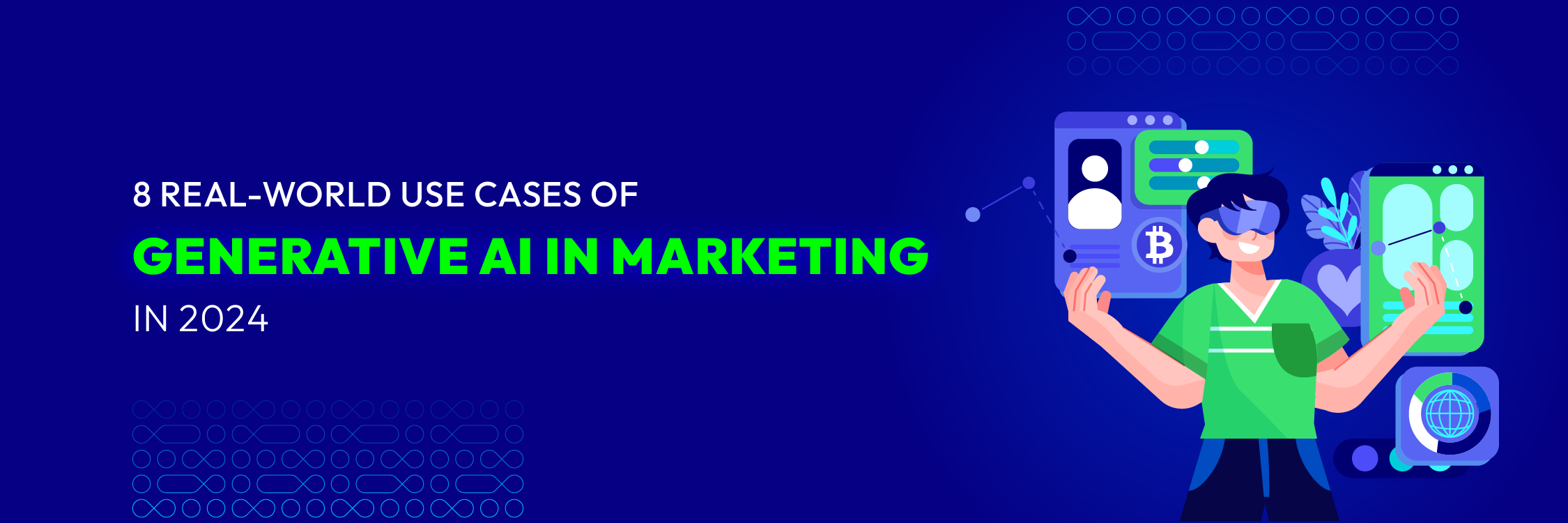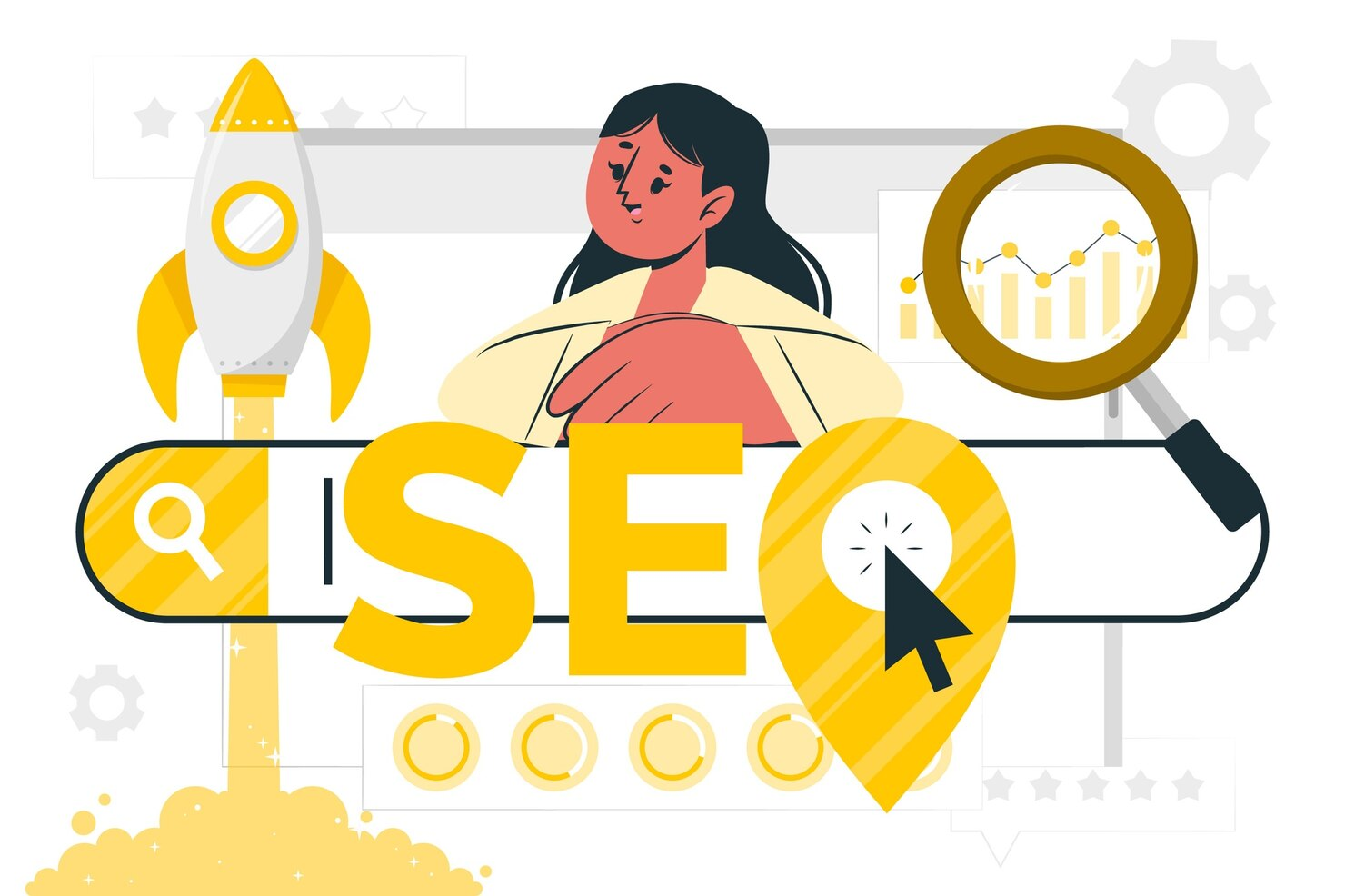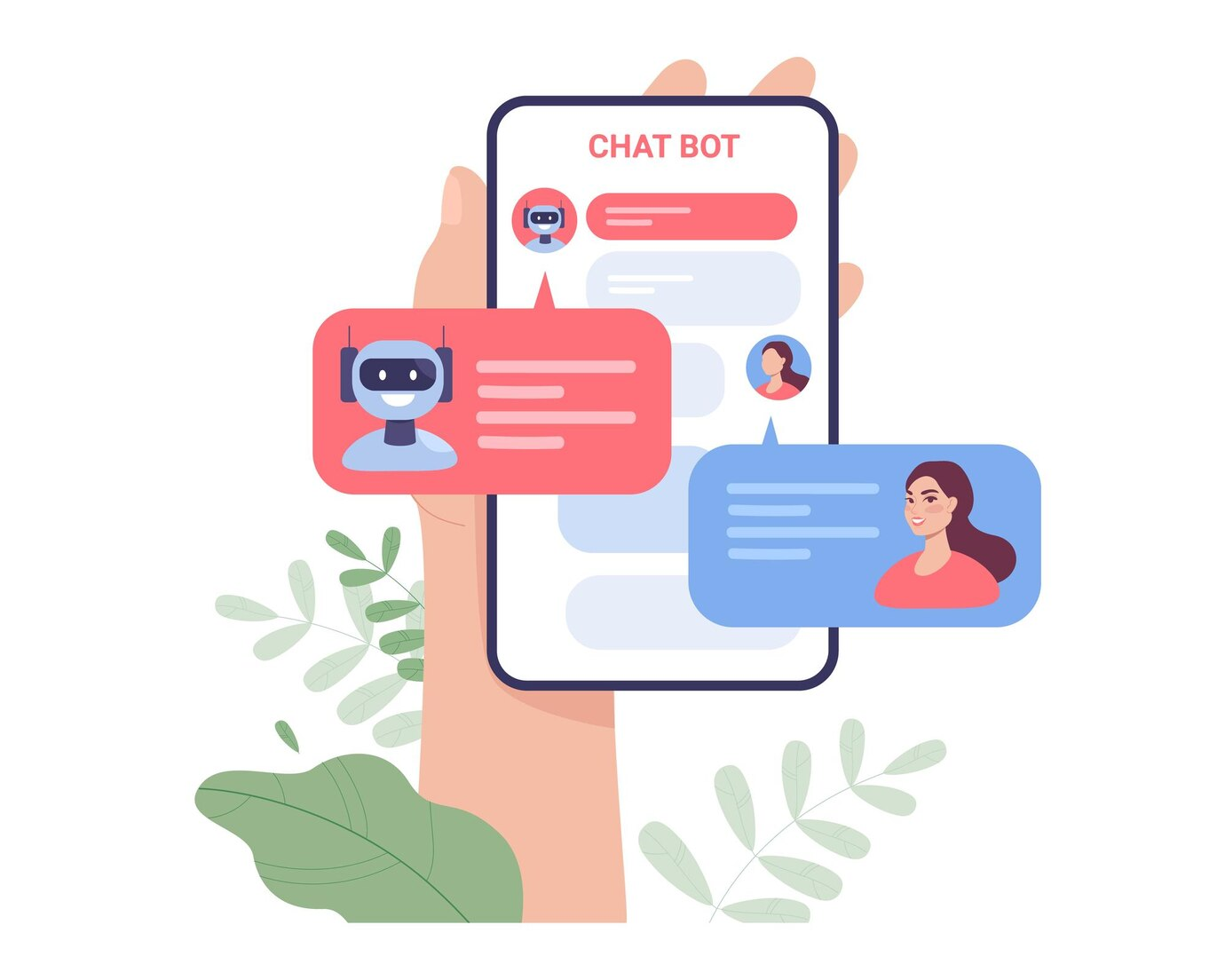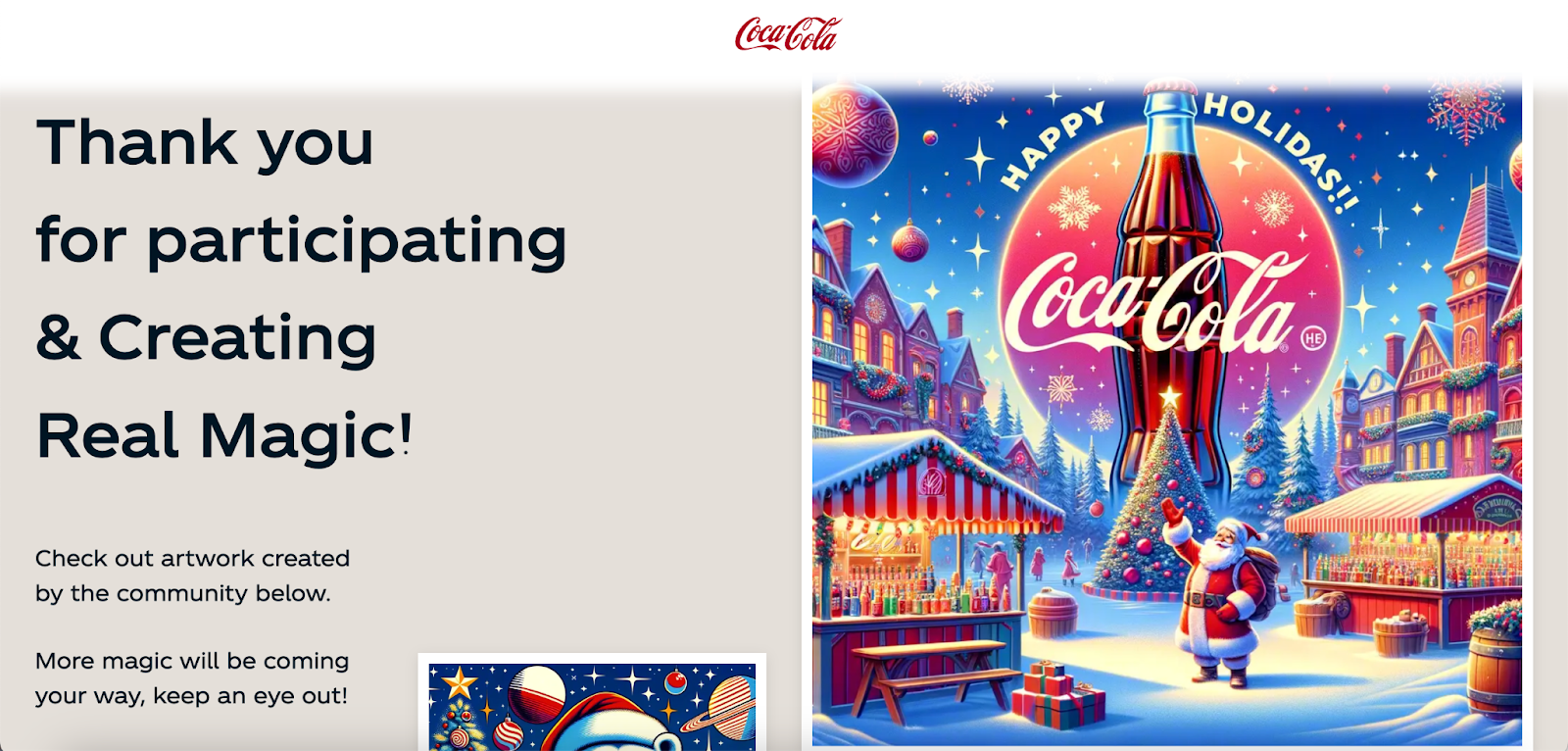Hyvä Theme is Now Open Source: What This Means for Magento Community - Mageplaza
Hyvä is now Open Source and free. Discover what changed, what remains commercial, how it impacts the Magento ecosystem, and how to maximize its full potential.

Artificial intelligence and machine learning have revolutionized our perspective on the world, continually expanding the horizons of human creativity. The emergence of generative artificial intelligence, alongside tools such as ChatGPT, DALL-E, and GEMINI, has significantly altered marketing approaches.
Globally, the market value of AI in marketing is on the rise, expected to surpass $107 billion by 2028, with generative AI emerging as a forefront technology. Yet, the precise impact of generative AI on marketing strategy remains relatively unexplored.
Join us as we delve into the ways generative AI can address diverse marketing challenges and drive forward AI-powered marketing initiatives.
Generative AI constitutes a distinct branch of artificial intelligence primarily dedicated to content creation, encompassing text, designs, music, audio, and video, as opposed to mere analysis. Powered by deep learning models, known as foundational models, trained extensively on vast datasets, generative AI exhibits a remarkable ability to emulate human-like behavior across various tasks.

In comparing predictive vs. generative AI, the former focuses on forecasting future outcomes based on existing patterns, while generative AI creates entirely new content or experiences, making it a transformative tool in marketing strategies.
In contrast to AI systems specialized in singular tasks, generative AI boasts a broader spectrum of functionalities. Its operation typically involves inputting a text-based prompt to generate novel content that mirrors the patterns observed in the training data.
With the growing fascination surrounding generative AI, its adoption has surged across multiple industries, notably within marketing and advertising, where it’s employed to innovate and enhance creative endeavors.
Note: It would also be a good idea to learn about AI terms to gain a deeper understanding of this advancement.
According to a survey conducted by McKinsey, 90% of marketing leaders anticipate a surge in the adoption of generative AI tools within the next two years. Considering these statistics, companies integrating AI into their strategies are poised to reap substantial benefits in the foreseeable future.
Generative AI offers numerous benefits:
Innovation and Creativity: It empowers marketers to explore new ideas and designs, enhancing conversion rates.
Data-driven Insights: Companies can glean actionable insights, aiding decision-making and addressing specific customer needs.
Product Development: Generative AI speeds up testing and development, creating tailored products for evolving consumer demands.
Personalized Customer Experience: Customized content improves customer engagement and satisfaction.
Time and Cost Efficiency: AI-driven systems reduce creative timeframes and streamline marketing tasks, saving resources.
Read more: Benefits of AI in Marketing to Transform Business Strategy
While in an ideal scenario, leveraging generative AI in marketing would seamlessly enable personalized campaigns with swift and effective outcomes, the reality is more complex.
Integrating AI into marketing poses significant challenges. In fact, the potential drawbacks outweigh the advantages, encompassing risks such as biases, inaccuracies, copyright infringement, and data privacy concerns.
Indeed, many have tried ChatGPT or Midjourney, noticing occasional inaccuracies in AI-generated content. This poses a challenge in AI marketing.
While AI content is vast, it’s prone to errors and may contain misleading information, risking damage to brand credibility if published. Additionally, AI’s limited understanding of human emotions and culture can lead to inadvertently offensive responses.
Hence, a thorough review of AI content before approval is essential.
Using AI in marketing to enhance customer experience entails analyzing vast amounts of data, including personal and private user information, raising significant privacy and security concerns, particularly under GDPR and CCPA regulations.
Many generative AI tools lack permissions to store sensitive customer data, and unauthorized data usage can expose companies to substantial risks, including severe penalties and data breaches.
Before integrating AI into marketing strategies, it’s imperative to address biases and prioritize transparency, accuracy, and privacy to mitigate these risks effectively.
AI models, including generative AI, learn from existing datasets, which can inadvertently contain cultural, social, or political biases.
When biased data influences AI, it leads to the generation of outputs riddled with stereotypes. If utilized in marketing strategies, this could harm a business significantly.
The repercussions extend beyond brand reputation damage caused by offensive and biased content. Consider OpenAI’s image generator, DALL-E, which, if trained on biased data assuming all doctors are men, might perpetuate gender biases by generating images solely depicting male doctors.
To mitigate these risks, companies must establish stringent rules and policies governing AI usage to prevent such occurrences and evade potential legal complications.
The source of data for AI models is often unclear, and everything they produce, from music to text, is rooted in existing material owned by others.
While using AI-generated content as inspiration is acceptable, directly copying it and claiming it as one’s own constitutes plagiarism.
Numerous intellectual property and copyright infringement lawsuits have arisen against companies behind generative AI, such as the New York Times versus OpenAI.
Although federal laws specifically addressing this issue are lacking, users must exercise caution in their AI utilization. Even the prompts provided to AI tools like Bing Chat are recycled and contribute to training the model.
Generative AI is revolutionizing marketing, providing an abundance of resources for successful campaigns. However, the origins of this data are often unclear.
It’s challenging for customers to discern between human-made and AI-generated marketing content, yet authenticity and transparency are crucial expectations.
Brands utilizing AI must be forthright with customers about its use, as transparency is essential in maintaining trust and integrity. Customers deserve to know.

In a successful SEO project, conducting comprehensive keyword research is crucial. Professionals must analyze numerous keywords, competitors, and user intent to formulate an effective campaign.
AI streamlines this process by organizing keyword data and highlighting high-performing keywords.
Additionally, it enables:
Identifying topic clusters relevant to the industry.
Conducting keyword research based on search intent.
Identifying keyword gaps and opportunities.
Developing content aligned with SEO guidelines.
Ultimately, AI empowers content marketers to understand their audience’s online search behavior and create relevant content catering to their interests.
Text generation through generative AI presents a potent tool for marketing endeavors, serving various purposes beyond idea generation, including:
Content Creation: AI-generated texts can fuel content marketing initiatives across diverse channels, including emails, social media posts, and blog articles, fostering engagement and audience interaction. AI-generated text is fast and scalable, but it often lacks natural tone and emotional context. To solve this gap, marketers increasingly rely on tools that humanize AI text, refining machine-written drafts into clear, natural, and audience-friendly content
Script Writing and Storytelling: Generative AI aids in crafting compelling narratives and scripts for advertising goods and services, enhancing brand storytelling and resonating with target audiences effectively.
Product Descriptions: AI-generated content produces clear, concise, and engaging product descriptions, facilitating effective communication of product features and benefits to potential customers, thereby driving conversions.
Runway, Midjourney, and other AI image generators are capable of producing images and videos based on written instructions, utilizing generative adversarial networks (GANs) for text-to-image translation.
Marketers can leverage this technology to:
Generate top-notch AI images and product videos.
Craft logos and other brand materials.
Produce visuals for social media posts.
Moreover, integrating AI voiceovers and music into marketing videos can enhance engagement, thereby boosting brand recognition and driving conversions.
Cookieless marketing is gaining popularity as it no longer relies on browser cookies to target users. This trend has emerged due to restrictions imposed by platforms like Chrome and Safari on the use of third-party cookies.
If you haven’t known, cookies are small pieces of data stored in web browsers to track online activity, aiding advertisers in ad retargeting.
In the absence of cookies, the alternative is to utilize first-party data in conjunction with generative AI technologies to:
Analyze existing data.
Identify patterns in user behavior.
Deliver contextual ads.
However, it’s imperative to ensure that data collection is carried out with explicit user consent and compliance with prevailing privacy regulations.
In a study conducted by BCG, it was found that 41% of Chief Marketing Officers (CMOs) utilize generative AI to enhance targeting strategies, which is closely linked to effective customer segmentation.

AI-driven segmentation in marketing entails the rapid analysis of extensive customer data, a process that can be automated, enabling marketers to:
Optimize resource allocation efficiently.
Enhance marketing and product strategies.
Boost return on investment (ROI).
Identify previously unidentified customer segments.
By deeply understanding the target audience, marketers can deliver personalized experiences tailored to meet specific needs and preferences.
You’re likely familiar with customer personas, which are fictional representations of your ideal buyers, providing insights into their goals, challenges, motivations, behavior, and interests.
The advent of customer personas has transformed marketing, empowering organizations to craft targeted marketing campaigns.
However, designing personas manually can be challenging unless you utilize automated persona generators.
Generative AI offers a solution for creating personas. Tools like ChatGPT and Bing Chat can be employed for this purpose, allowing you to:
Gather and analyze customer data.
Develop realistic customer profiles.
Create personas tailored to specific use cases.
Engage in conversations with buyer personas.
It’s worth noting that initial outputs may be inaccurate as they are randomly generated and heavily reliant on the prompts used.
Marketers can utilize generative AI to craft customized marketing campaigns, leveraging insights into user preferences to prioritize customer satisfaction and deliver tailored experiences.
This enables them to:
Customize content and product design.
Devise customer-centric marketing strategies.
Create personalized customer journeys.
Offer individualized recommendations.
Additionally, AI-powered autonomous marketing systems streamline this process, providing real-time content recommendations to enhance personalized customer relationships.
As buyers increasingly expect personalization throughout their journey, it’s essential for brands to meet these expectations to foster customer loyalty and retention.
Conversational AI tools are adept at addressing and resolving customer queries across various channels, including chatbots, social media platforms, and telephone interactions.

They provide swift and efficient responses, optimizing customer service models. Additionally:
AI-powered chatbots offer round-the-clock assistance across multiple platforms.
Personalized recommendations are provided based on browsing history and transaction data.
Multilingual capabilities enable support for queries in various languages and localizations.
AI voice support facilitates managing telephonic conversations.
Engagement with buyers on social media channels helps maintain brand presence.
Automated emails promptly address common issues.
By leveraging chatbots, businesses can enhance overall customer experience while enabling customer support teams to focus on other essential tasks, thereby enhancing operational efficiency.
There are numerous possibilities with generative AI, but it’s essential to implement it correctly in your marketing strategy. Random integration could potentially jeopardize your campaign’s success.
Here’s a simplified process to follow before implementation:
Identify Opportunities: Form a cross-functional team to identify areas where generative AI could be beneficial, such as content creation or data analysis. Focus on automating repetitive and time-consuming tasks.
Define Business Objectives: Clearly outline the business objectives you aim to achieve with generative AI. This clarity will guide tool selection and prompt creation to align with your goals.
Run a Test: Setting up a test environment is crucial to evaluate AI functionality and identify any errors before deployment. Continuously test AI models to ensure ongoing accuracy.
Establish Governance Frameworks: Implement governance frameworks to uphold privacy, security, and cost-effectiveness. Establish regulations to prevent the distribution of harmful content and safeguard sensitive customer data.
Train Marketing Teams: Ensure your employees understand how AI works to build confidence in its use. Start workshops to educate them on some basic ideas of generative AI and its potential applications.
Numerous companies have embraced the generative AI trend. While some leverage it to streamline customer interactions, others utilize it to produce visually compelling content.
No discussion on generative AI is complete without mentioning innovative ad campaigns. Coca-Cola’s Create Real Magic initiative exemplifies this, blending AI with art and customer engagement.
This campaign leverages GPT-4, DALL-E, and Coca-Cola brand elements to showcase creators from diverse markets. Visitors to createrealmagic.com can utilize Coca-Cola assets to craft artwork. Exceptional submissions have the chance to be featured on billboards in cities like NYC and London.

Create Real Magic is inclusive and serves the brand in the following ways:
Democratizing brand iconography and advertising assets.
Cultivating human connections and experiences.
Demonstrating a commitment to leveraging AI for creative endeavors.
Atlassian, recognized for its collaborative software solutions facilitating efficient teamwork among developers and project managers, has unveiled Atlassian Intelligence, an AI virtual assistant.
Developed using OpenAI LLMs, this assistant is capable of:
Generating customer responses.
Drafting content in accordance with product specifications.
Automating support interactions within Slack and Teams.
Extracting information from knowledge base articles.
Summarizing documents and meeting transcripts for newly assigned agents.
Translating natural language queries into Jira Query Language.
Duolingo, renowned for its language learning app, has collaborated with OpenAI to integrate GPT-4 into its services, introducing personalized learning in an unprecedented manner.
Utilizing data from the platform’s 500 million users, this integration powers two novel features:
Explain My Answer: Providing users with comprehensive explanations of why their answers are correct or incorrect, complete with examples akin to human tutors.
Role Playing: Allowing users to engage with AI personas in unique language-based tasks, enabling practice in various scenarios.
Generative AI stands to revolutionize various industries for the better, as evidenced by its applications in design, content creation, and messaging. It’s anticipated to be a significant game-changer in the years ahead.
Although its immediate impact may be slightly exaggerated, it’s prudent to be fully prepared. After all, combining human creativity with AI has the potential to yield results that surpass what marketers could previously envision.